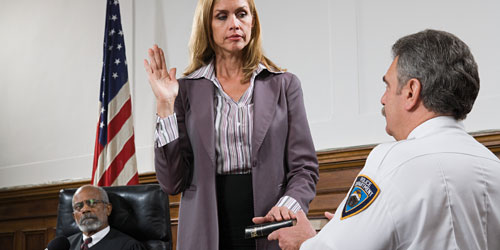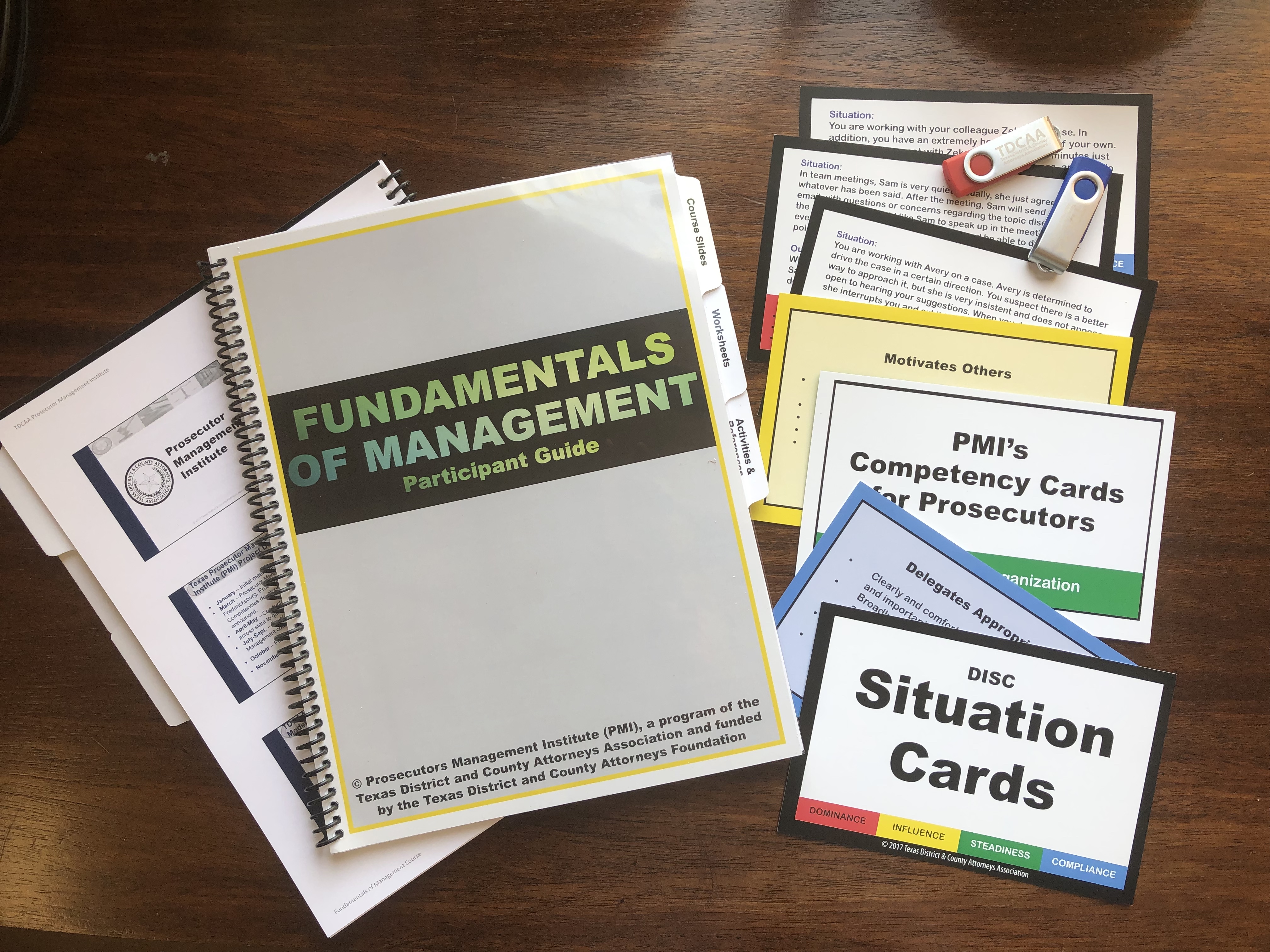Current legislators are about to find out why previous legislatures never tackled school finance reform except when the courts forced them into it.
Property tax drama
There was a major stand-off last week between the two chambers as each urged the other to take up their respective property tax reform bills first. The House was supposed to take up HB 2 by Burrow (R-Lubbock) on Thursday but temporarily postponed it in hopes the Senate would bring up SB 2 by Bettencourt (R-Houston). But SB 2 still lacks the three-fifths vote necessary for consideration under Senate rules because Sen. Kel Seliger (R-Amarillo) has joined the Senate Democrats in opposition. Once it was clear SB 2 was failing to launch on Thursday, the House re-scheduled debate on HB 2 for Monday (potentially making that day’s committee schedule a very, very, very late one because the bill has more than 180 pre-filed amendments). Meanwhile, in the Senate the Lite Guv has threatened to use the “nuclear option” to pass SB 2 on Monday over the top of the objectors. (You don’t even have to know what the “nuclear option” is to know that it’s (a) rare and (b) perceived negatively by those on the receiving end, but you can click on that link in the previous sentence for the details.)
Note also that next week is probably the final week a House bill can be heard in committee and still hope to pass; after that, House bills will still be heard in committees but high volume and impending deadlines will combine to hamstring them before they can cross the finish line.
Looking ahead
Monday could be a long day: HB 2 and SB 2 floor debates; committee hearings on asset forfeiture, the death penalty, LGBTQ issues, sex crimes, DWI blood draws, and more; and a four-day Easter break (finally!) at the end of the week.
Update on various policy topics
Part I of this week’s update included an overview of where various money issues stand, but we thought we’d also give you a quick run-down of where some other issues that we’ve been following this session stand. Here’s the latest (listed alphabetically):
AG authority: SB 1257 by Huffman (R-Houston) has been voted from committee and may soon be posted on one of their “uncontested” calendars; any Senator can knock a bill off that calendar (but doing so invites retaliation). HB 3989 by Leach (R-Plano) is awaiting a vote in House Criminal Jurisprudence on Monday and General Paxton and his staff have been advocating for it with committee members. It is up to Chairwoman Collier (D-Fort Worth) to decide whether to bring it up for a vote.
Bail bonds: All the “reform” bills (in both directions) are pending and awaiting a vote in the House Criminal Jurisprudence Committee.
Death penalty: HB 1030 by Moody (D-El Paso) was amended on the House floor to make it more defendant-friendly; that bill now heads to the Senate Criminal Justice Committee. HB 1139 by S. Thompson (intellectual disability) and HB 1936 by Rose (serious mental illness) are in House Calendars. SB 719 by Fallon (capital murder for child under 15) is on the Senate Intent Calendar. HB 472 by Dutton (law of parties) and HB 3938 (victims’ wishes) will be heard in committee Monday.
DRP repeal: HB 2048 by Zerwas (R-Richmond) received committee approval and now heads to the Calendars Committee while SB 918 by Huffman (R-Houston), its companion, awaits a vote in committee. These bills repeal the surcharge program and transform the existing DWI surcharges into DWI state fines (which can be waived/bargained away like anything else).
Grand jury: HB 2427 by Reynolds (D-Missouri City) and HB 2398 by S. Thompson (D-Houston) are pending in House Criminal Jurisprudence and may be called up for a vote as soon as Monday if Chairwoman Collier wishes.
Local gov’t lobbying: SB 29 by Hall (R-Edgewood) is on the Senate Intent Calendar.
Judicial branch pay: The substitute version of HB 2384 by Leach (R-Plano) that includes prosecutors was reported from committee late Friday and is now in the Calendars Committee.
Budget conferees
The House conferees for HB 1 have been appointed by the Speaker. They are: Zerwas, (R-Richmond), chair; G. Bonnen (R-Galveston), S. Davis (R-West University Place), Longoria (D-Mission) and Walle (D-Houston). The Lite Guv is expected to appoint the Senate conferees next week, and then those ten legislators will disappear for a month to hammer out the final budget compromise.
Scattershots
Here are stories and articles we don’t have time to summarize, but they might be of interest to some of you:
- Dallas DA enacts reforms to end mass incarceration (Texas Observer)
- These three lawyers want to dismantle the State Bar (Texas Lawyer [$])
- Republican lawmaker who halts abortion bill now faces security concerns (Texas Tribune)
- Obstructionist or principled stand? State rep stalls other members’ bills (Dallas Morning News)
More committee hearings
For a reminder of everything set for Monday, April 8, see Thursday’s report. Here are summaries of the relevant committee notices posted for later in the week:
Monday, April 15
House Judiciary & Civil Jurisprudence – 8:00 a.m., Room E2.026
The following bills were added to the postings in our previous update:
- HB 3807 by Springer creating a criminal district attorney’s office in Cooke County
- HJR 71 to exempt county court-level judges from the constitutional resign-to-run rule
- HJR 148 to authorize a judicial appointment and retention system
House Criminal Jurisprudence – 2:00 p.m. or upon adjournment, E2.012
The following bills were added to the postings in our previous update:
- HB 3177 by Smith criminalizing the continuous sexual abuse of a disabled individual
- HB 3588 by Hunter increasing the penalties for child pornography
Tuesday, April 16
Senate Criminal Justice – 1:30 p.m., Room E1.016
- SB 405 by Birdwell relating to false reports made to jailers or corrections officers
- SB 562 by Zaffirini relating to competency determinations
- SB 583 by Hinojosa relating to representation by public defenders
- SB 1164 by Rodriguez regulating the disposition of counterfeit trademark items
- SB 1268 by Watson authorizing multiple allocution witnesses in a case
- SB 1649 by Kolkhorst authorizing the TIDC to review criminal defense attorney’s fees
Wednesday, April 17
House Homeland Security & Public Safety – 8:00 a.m., E2.016
- HB 107 by Raymond creating a DWI offender registry
- HB 842 by Hernandez creating a registry for certain violent crimes
- HB 1791 by Krause limiting local gov’t ability to restrict licensed carry on their premises
- HB 745 by Rose changing statutes mandating arrests in certain situations
- HB 2607 by K. King establishing DPS checkpoints along the OK and NM borders
- HB 418 by VanDeaver making confidential certain personal information of federal prosecutors
- HB 738 by Harless authorizing bond conditions to be entered into TCIC
- HB 1713 by Ramos requiring family violence offenders to surrender firearms
- HB 2672 by Zweiner requiring DPS to conduct a study on sex crimes prosecutions
- HB 2678 by Zweiner collecting statistics on certain sexual assault kit exams
House Juvenile Justice & Family Issues – 10:30 a.m. or upon adjournment, E2.012
- HB 556 by S. Thompson authorizing entry of a default protective order
- HB 2382 by Dutton reducing certain evading arrest conduct to a CINS offense
- HB 3139 by Bowers relating to personal service of an application for a protective order
- HB 3257 by Raney making imitation firearms a deadly weapon
Thursday, April 18
House Corrections – 8:00 a.m., E2.030
- HB 1076 by White expanding eligibility for an order of non-disclosure for certain state jail felony offenses
- HB 4163 and HJR 130 by S. Thompson authorizing a court to commute a punishment after parole
- HB 4460 by Allen prohibiting revocation of supervision for certain state jail and third-degree felony offenders
- HB 4566 by Allen mandating diligent participation credits for all state jail felony offenders
House County Affairs – 9:00 a.m., E2.028
- SB 710 by Creighton authorizing local ethics commissions in any county
- HB 3294 by Raymond authorizing the use for forfeiture funds to pay autopsy transportation costs
- HB 3716 by Parker limiting the medical examiner mandate to counties with a population of greater than 2 million
If you want to learn more about a bill or find out how to get involved for or against it, contact Shannon for details.
House Calendars Committee
Bills sent to the House Calendars Committee since our last update include: HB 15 by Thompson (omnibus human trafficking bill), HB 309 by Moody (indecent assault), HB 1325 by T. King (industrial hemp), HB 1399 by Smith (DNA collection upon certain arrests), HB 1711 by Paddie (digital license plates), HB 2384 by Leach (judicial branch pay raises), HB 2502 by Moody (minimum jail time ACOP for hit-and-run offenders), HB 3402 by Phelan (walking quorum fix), and HB 3582 by Murr (DWI deferred adjudication).
Upcoming calendars
The following bills have been calendared for consideration on the House floor next week: HB 892 by Kuempel (county regulation of game rooms), HB 629 by Landgraf (statewide protective order registry), HB 1355 by Button (DWI blood search warrants across jurisdictions)
The following bills are eligible to be considered on the Senate Intent Calendar: SB 29 by Hall (limiting local gov’t and association lobbying), SB 346 by Zaffirini (new court cost consolidation), SB 719 by Fallon (capital murder for victims under 15), SB 891 by Huffman (omnibus court/prosecutor creation bill)
These lists change daily, so click on this link to access the latest House Calendar or Senate Intent Calendar.
Other bills on the move
The House passed the following bills over to the Senate: HB 51 by Canales (standardized forms in criminal actions), HB 302 by Paul (limiting landlord regulation of tenant carrying firearms), and HB 1030 by Moody (changing jury instructions in capital cases).
The Senate passed the following bills over to the House: SB 38 by Zaffirini (hazing), SB 341 by Huffman (ban on defense lawyers serving as attorneys pro tem), and SB 1259 by Huffman (fertility fraud). A committee also gave preliminary approval to SB 970 by Creighton (limit on contingent fee legal contracts), which can now go to the floor for full consideration.
Finally, we can announce a sure sign that the end of session is approaching: a bill we are tracking has been passed by both chambers. Specifically, SB 306 by Watson/Israel (sobering centers in lieu of arrest) passed the House and is on its way to the governor’s desk. There will be at least a thousand more bills that follow that path over the next six weeks—let’s pray they are good ones!
Legislative rotation sign-up
Thanks to this week’s scheduled volunteer, Cherokee County DA Elmer Beckworth, for coming to Austin this past week—he set the record for most testimony in one week! Now let’s see who else is ready to step up and challenge that record. We still have volunteer slots open for the next few weeks of the session, so if you want to come to Austin to interact with legislators, contact Shannon for details.
More Quotes of the Week
“Members, we are respectfully working with the Senate on this issue.”
House Speaker Dennis Bonnen (R-Angleton), announcing from the House dais why that chamber is postponing its deliberations on HB 2, their version of property tax reform.
“In this instance, I am the deciding vote unless they go with the nuclear option. I’ve been the deciding vote before. I’m going to vote the way that I think is best for my district.”
State Sen. Kel Seliger (R-Amarillo), the lone Republican hold-out on bringing SB 2 (property tax caps) to the Senate floor.
“I respect our Senate rules, but I do not intend to let a procedural motion stop the Senate from passing this important bill.”
Lt. Gov. Dan Patrick (R-Houston), on his intentions for Monday.
“I’m not going to Washington, I’m staying here. In fact, I can break the news for you on your show right now. It’s a little early, but I plan to run—not plan to run, I am running—for lieutenant governor in 2022. I’m not going anywhere.”
Lt. Gov. Dan Patrick (R-Houston), dispelling rumors that he is interested in the newly-open position of Secretary of Homeland Security in the Trump Administration.
“Everyone is worried that Washington is like House of Cards, while hoping it is like West Wing. [The] truth is that it’s more like Veep.”
Tweet by Congressman Dan Crenshaw (R-TX).



